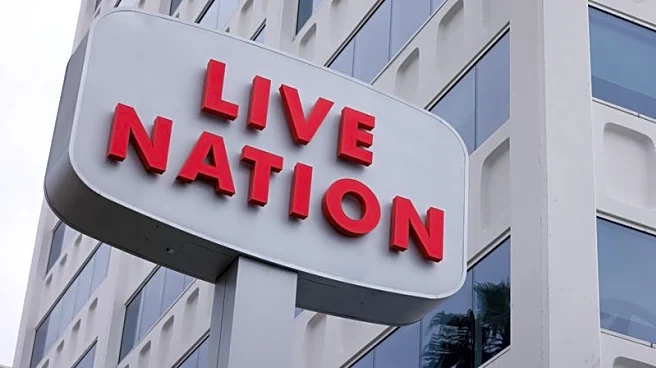Rapid Read • 7 min read
The FDA has rejected Replimmune's application for its viral immunotherapeutic RP1, intended for advanced melanoma treatment. The rejection was unexpected, as the application had been accepted for priority review earlier in the year. Analysts suggest the decision may be influenced by new leadership at the FDA, particularly Vinay Prasad at the Center for Biologics Evaluation and Research. Replimmune's stock fell by 75% following the announcement. The rejection was based on the FDA's assessment that the supporting Phase III IGNYTE trial was not adequately controlled. Replimmune plans to request a follow-up meeting with the FDA to address the issues raised.
AD
The FDA's rejection of RP1 has significant implications for Replimmune and the broader biotech sector. The decision highlights the challenges companies face in gaining approval for treatments based on novel mechanisms, such as viral immunotherapy. The rejection may lead to increased scrutiny of clinical trial designs and data quality, potentially affecting other companies in the sector. Investors and stakeholders in biotech may experience increased volatility and uncertainty, impacting funding and development timelines for similar therapies.
Replimmune intends to seek a follow-up meeting with the FDA to discuss the rejection and potential paths forward. The company aims to address the concerns raised and align on the design of a confirmatory study. The outcome of these discussions could influence future regulatory strategies and the development of RP1 and similar treatments. Stakeholders will be closely monitoring the FDA's response and any changes in regulatory approaches under the new leadership.
AD
More Stories You Might Enjoy












